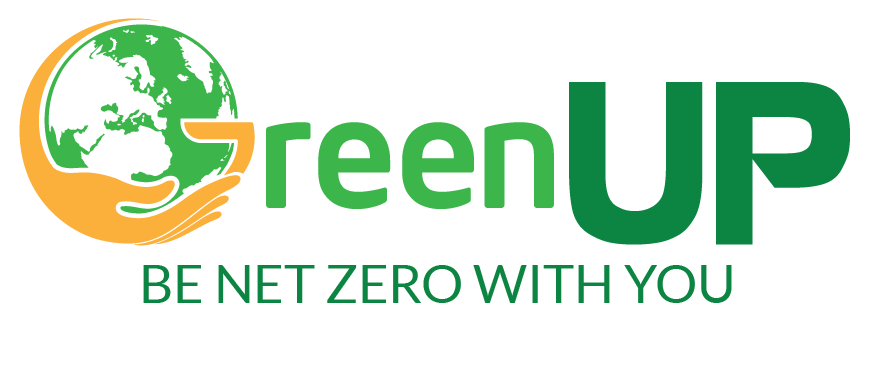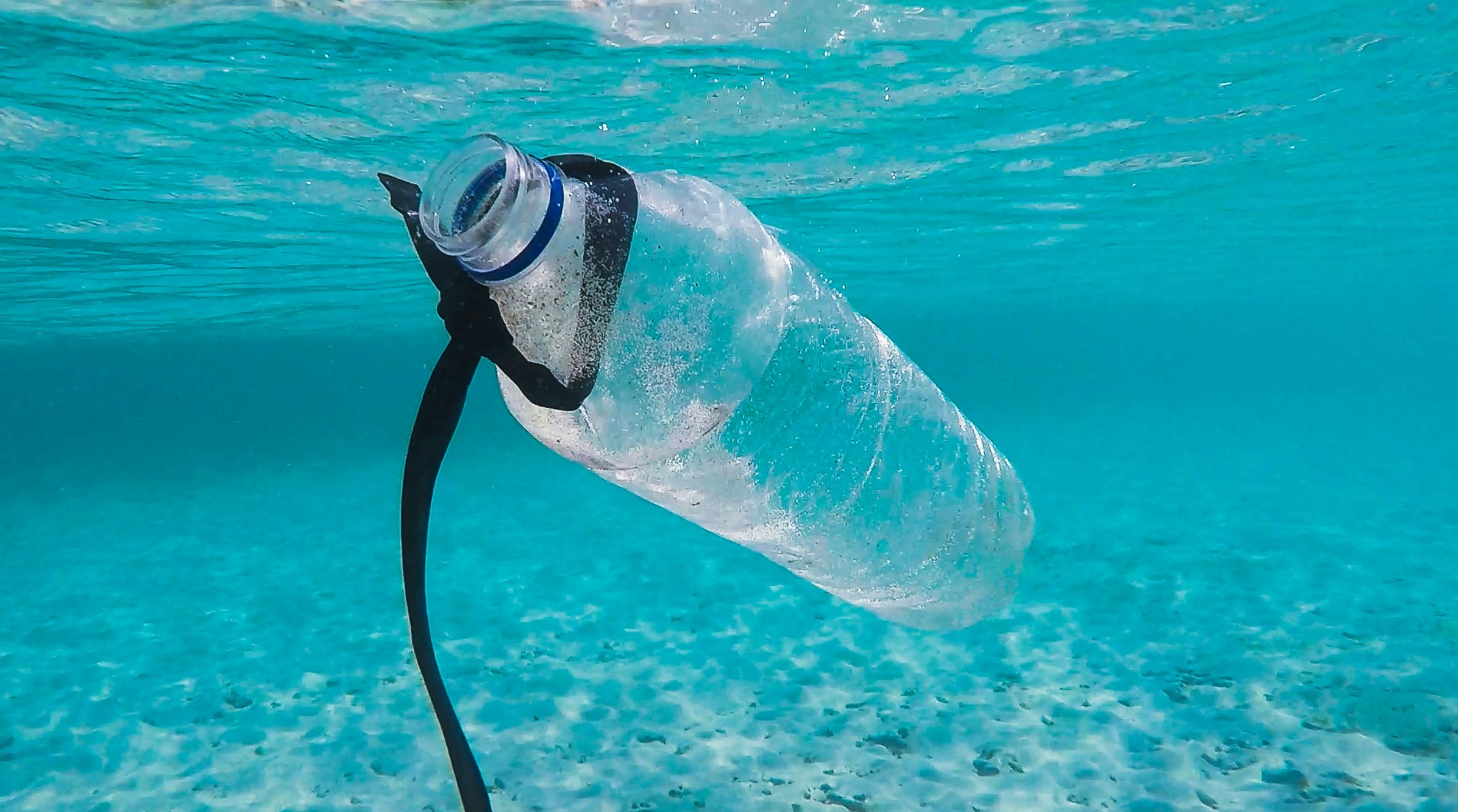Introduction
In an era where sustainability is more than a buzzword, the fight against plastic pollution has taken center stage. Plastic pollution is a big problem for our oceans, and a lot of the plastic waste ends up there from the land. Ocean-bound plastic (OBP) is plastic waste that’s likely to get into the ocean from places near the coast or rivers. To help solve this problem, a system called OBP credits was created. These credits are like tokens that represent a certain amount of plastic waste that has been collected and properly managed to prevent it from polluting the ocean. This system helps motivate people and companies to collect and manage plastic waste better, aiming for cleaner oceans and a healthier environment. This article delves into the world of ocean-bound plastic and the innovative concept of OBP credits, shedding light on their significance, operation, and impact.
Definition of Ocean-Bound Plastic
Ocean-bound plastic refers to plastic waste that is at high risk of ending up in our oceans, posing a severe threat to marine life and ecosystems. This waste, often found near coastlines and waterways, becomes part of the alarming statistics that estimate millions of tons of plastic enter the oceans annually. The ramifications are dire, with marine species mistaking plastic for food, leading to ingestion, entanglement, and ultimately, a cascading effect on the oceanic food chain.
Examples of OBP include mismanaged plastic waste generated within 50 km of a coast, such as plastic waste found in uncontrolled or informal dump sites, abandoned plastic waste found in the environment within 50 km of the coast, and plastic waste found in waterways within 200m of the coast or in rivers within 200m of the shoreline. Fishing materials, such as used fishing gear and plastic bycatch, can also be considered OBP. OBP is different from other types of plastic waste, such as plastic waste in properly managed landfills or controlled dumps, which is not considered OBP because the waste management infrastructure is designed to prevent leakage and minimize environmental impact. OBP is often collected and recycled into new products, while not all ocean-bound plastic is commercially recyclable due to factors like degradation, contamination, or the specific type of plastic.
Key points to remember about ocean-bound plastic:
- It’s mainly found within 50 kilometres of coastlines.
- It includes a variety of items like bottles, bags, wrappers, and fishing gear.
- Preventing plastic from reaching oceans involves better waste management, recycling, and community cleanup efforts.
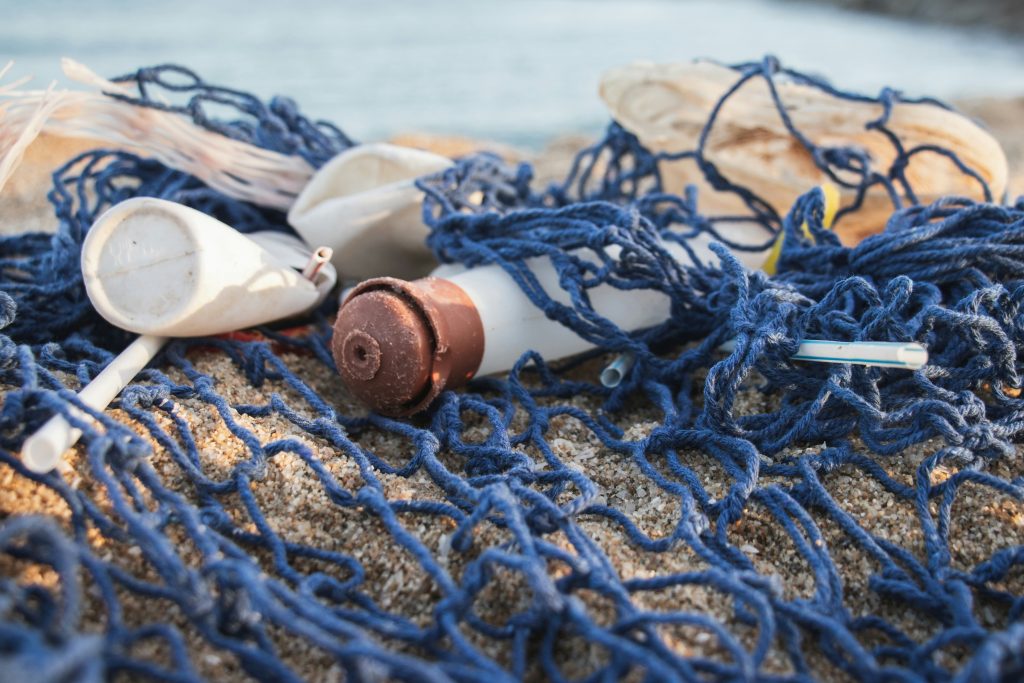
Certification Body
The Ocean Bound Plastic Certification (OBP Certification) is a program designed to promote the removal and proper treatment of plastic waste that is at risk of ending up in the ocean. This initiative is a collaboration between Zero Plastic Oceans and the certification group Control Union. The program focuses on ensuring that ocean-bound plastic waste is collected ethically and managed efficiently. It includes two main subprograms:
- Ocean Bound Plastic Neutrality Certification: This subprogram targets non-commercially recyclable ocean-bound plastic. It certifies that the collected waste is ethically treated and that the plastic credits issued for this process are fully verified and traceable. It is aimed at organizations that collect and treat such plastics or wish to offset their plastic footprint.
- Ocean Bound Plastic Recycling Certification: Aimed at organizations dealing with commercially recyclable ocean-bound plastic, this certification ensures that the plastic waste is ethically converted into new products.
Additionally, there’s a Social+ OBP Component that further benefits waste picker communities and promotes inclusivity in the circular economy.
OBP Credits are an integral part of this certification program. They represent a specific amount of low-value ocean-bound plastic (1kg per credit) that has been removed from the environment and treated properly by a certified project. These credits support projects that would not be viable without the funding from credit sales, thereby ensuring that the collected plastic waste is managed in a way that it wouldn’t be otherwise. This not only contributes to environmental benefits but also supports waste pickers by providing them with more income opportunities and better working conditions.
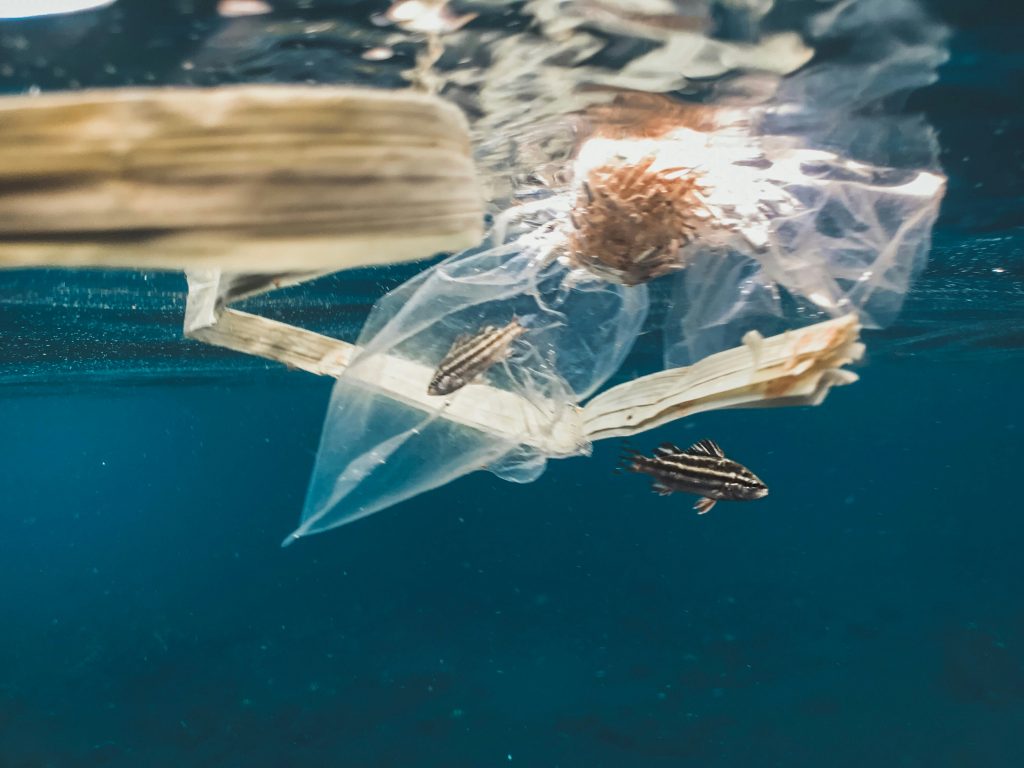
Mechanics of OBP Credits
OBP Credits are exclusively distributed by projects certified according to the OBP-NEU-STD standard. Each credit represents the verified removal and management of OBP by the project, as confirmed by the certifying authority. The OBP Certification Program prohibits the issuance of plastic credits based on projections or estimates.
The process for verifying Ocean Bound Plastic (OBP) Credits involves several steps to ensure the effective removal and treatment of non-commercially recyclable OBP from the environment. Here is an overview of the verification process based on the provided sources:
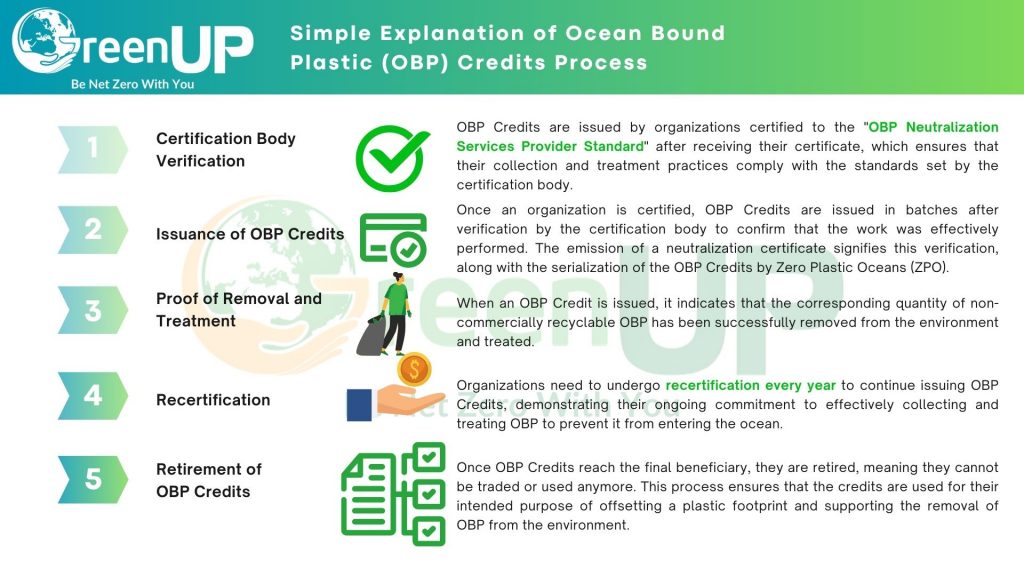
The Impact of Purchasing OBP Credits
When businesses and individuals purchase OBP credits, they are directly contributing to the removal of plastic waste from environments at high risk of polluting the oceans. This act goes beyond mere financial transactions; it represents a commitment to sustainability and a tangible step towards mitigating the plastic crisis.
The funds generated from the sale of OBP credits are reinvested into the collection and management infrastructure, providing the necessary resources to scale up efforts and enhance the efficiency of plastic waste management. This creates a virtuous cycle, where increased funding leads to more plastic being collected, which in turn generates more credits and attracts further investment.
An often overlooked aspect of OBP credits is their social impact. The collection of ocean-bound plastic often provides a source of income for waste pickers in developing countries. By formalizing this sector through certification and the sale of credits, waste pickers can achieve better working conditions, fair compensation, and recognition for their crucial role in environmental protection.
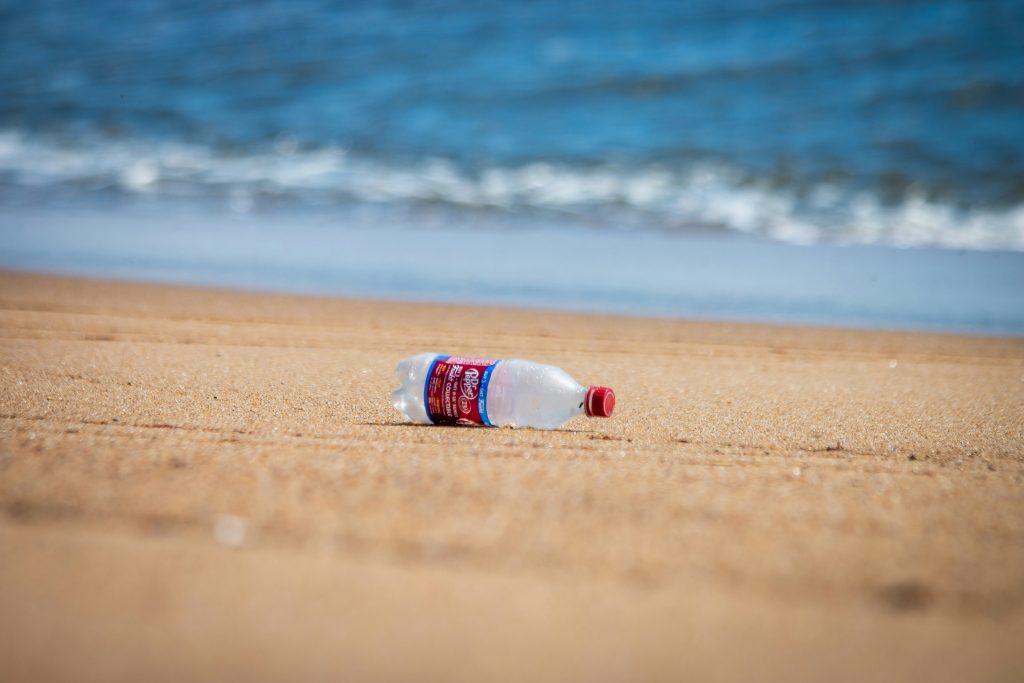
The Path Forward
As the world grapples with the plastic pollution crisis, the role of innovative solutions like OBP credits becomes increasingly vital. By providing a financial incentive for the collection and responsible management of ocean-bound plastic, OBP credits offer a scalable and impactful way to tackle one of the most pressing environmental challenges of our time.
The fight against plastic pollution requires a collective effort, transcending individual actions to encompass businesses, governments, and civil society. By supporting initiatives like OBP credits, stakeholders across the spectrum can contribute to a cleaner, healthier, and more sustainable planet.
References
- Blog.cleanhub.com (n.d.) What is Ocean Bound Plastic? Available at: https://blog.cleanhub.com/what-is-ocean-bound-plastic.
- Circular Action Hub (n.d.) OBP Neutrality Subprogram. Available at: https://www.circularactionhub.org/certification/obp-neutrality-subprogram/.
- Control Union Germany (n.d.) OBP Ocean Bound Plastic. Available at: https://controlunion-germany.com/en/certification-programs/obp-ocean-bound-plastic.
- LinkedIn (n.d.) Get to Know OBP Certification Subprograms: Recycling, Neutrality. Available at: https://www.linkedin.com/pulse/get-know-obp-certification-subprograms-recycling-neutrality-952jc.
- OBPCERT (n.d.) Certification Bodies. Available at: https://www.obpcert.org/certification-bodies/.
- OBPCERT (n.d.) Home. Available at: https://www.obpcert.org.
- OBPCERT (n.d.) Ocean Bound Plastic FAQ. Available at: https://www.obpcert.org/ocean-bound-plastic-faq/.
- OBPCERT (n.d.) OBP Certification Program Overview. Available at: https://www.obpcert.org/obp-certification-program-overview/.
- OBPCERT (n.d.) Registry. Available at: https://www.obpcert.org/registry/.
- OBPCERT (n.d.) What Are OBP Credits? Available at: https://www.obpcert.org/what-are-obp-credits/.
- Qualita Sertifikasi (n.d.) How Ocean Bound Plastic Certification Program Can Benefit Your Business. Available at: https://www.qualitasertifikasi.com/how-ocean-bound-plastic-certification-program-can-benefit-your-business.
- Qualita Sertifikasi (n.d.) Understanding the Categorization of Ocean-Bound Plastic. Available at: https://www.qualitasertifikasi.com/understanding-the-categorization-of-ocean-bound-plastic.
- RSP Inc. (n.d.) Ocean Bound Plastic vs Virgin Plastic. Available at: https://www.rspinc.com/blog/recycled-ocean-plastics/ocean-bound-plastic-vs-virgin-plastic/.
- Simply Plastic Free (n.d.) What is Ocean Bound Plastic? Available at: https://www.simplyplasticfree.com.au/what-is-ocean-bound-plastic/.
- Sustainable Brands (n.d.) What is Ocean Bound Plastic and Should it Be Our Focus? Available at: https://sustainablebrands.com/read/chemistry-materials-packaging/what-is-ocean-bound-plastic-and-should-it-be-our-focus.
- Tide Earth (n.d.) What is Ocean Bound Plastic (OBP)? Available at: https://www.tide.earth/en/news/what-is-ocean-bound-plastic-obp/.
- Transcert Malaysia (n.d.) Sustainability: Ocean Bound Plastic. Available at: https://transcert.com.my/sustainability/ocean-bound-plastic/.
- World Economic Forum (n.d.) The Ocean Bound Plastic Program. Available at: https://uplink.weforum.org/uplink/s/uplink-contribution/a012o00001pTQSSAA4/the-ocean-bound-plastic-program.
